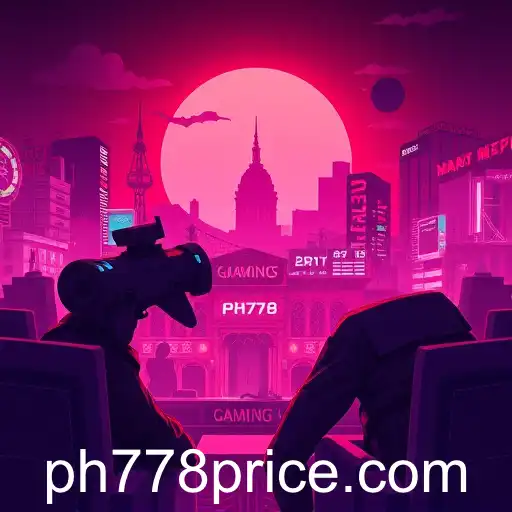
In 2025, the gaming industry continues to evolve at a rapid pace, driven by technological advancements and innovative business models. One of the most significant trends redefining gaming today is the rise of virtual economies. Underpinning this shift is the expansive use of digital currencies and in-game transactions—a phenomenon particularly evident in gaming platforms featuring the keyword "PH778 price."
Virtual economies have become a pivotal aspect of many games, enabling players to purchase, trade, and sell digital goods. These in-game markets often reflect real-world economic principles, offering gamers a new dimension of engagement beyond traditional gameplay. Notably, the keyword "PH778 price" has emerged as a central element in discussions about virtual economy dynamics, representing the cost and value of items in these digital environments.
Industry experts suggest that the increasing sophistication of virtual economies is transforming the gaming landscape. With major releases in the past few years, developers have emphasized creating intricate economies that mimic real-world dynamics, engaging players on new levels and extending the lifespan of games. The gaming industry has learned to capitalize on this trend, allowing developers and companies to benefit from long-term revenue streams through microtransactions and digital collectibles.
Despite the opportunities, the rise of virtual economies has prompted discussions about ethical and legal considerations. The regulated use of digital currencies in gaming presents unique challenges, such as ensuring fair trading practices and preventing fraud. The keyword "PH778 price" often serves as a case study in how digital goods are appraised and traded, raising questions about transparency and player protection. As such, gaming communities and regulators are increasingly scrutinizing the impact of virtual economies to ensure sustainable and fair play.
Looking forward, it is clear that virtual economies will continue to play a significant role in shaping the future of the gaming industry. As more players engage with these systems, understanding the underlying mechanics and implications becomes crucial. Whether through innovative digital worlds or as part of the ongoing development of real-world economic frameworks, the influence of virtual economies in gaming is here to stay.


